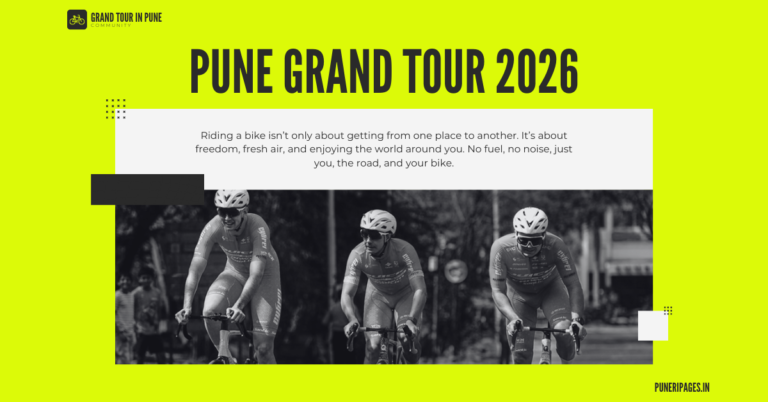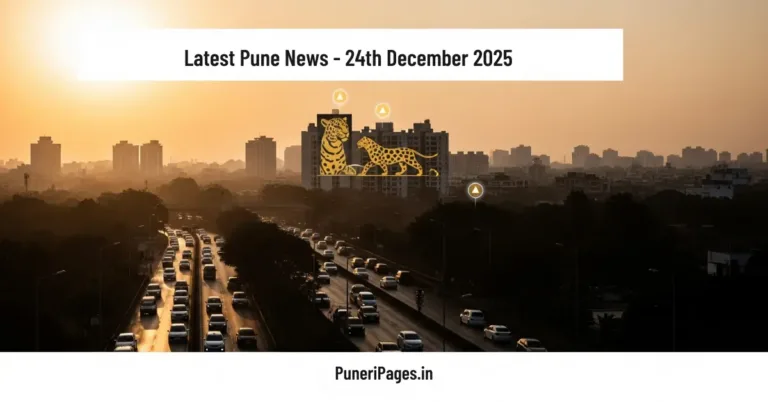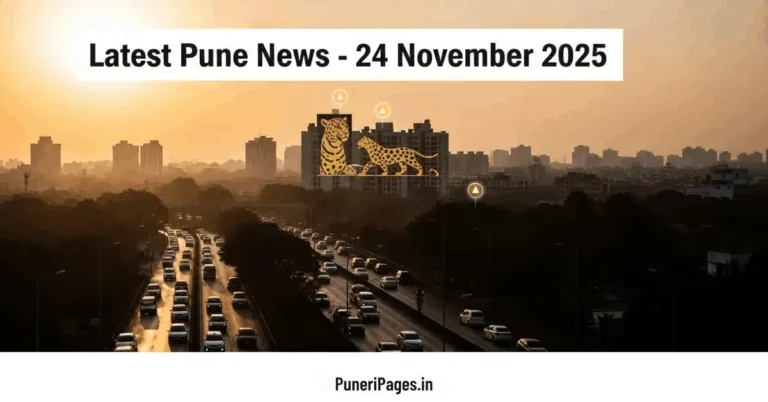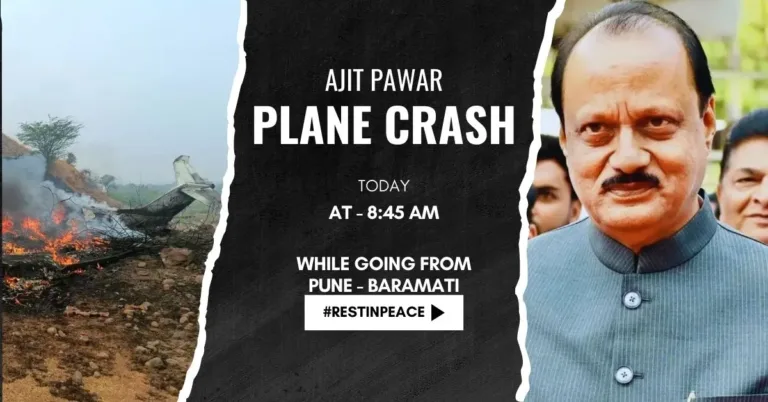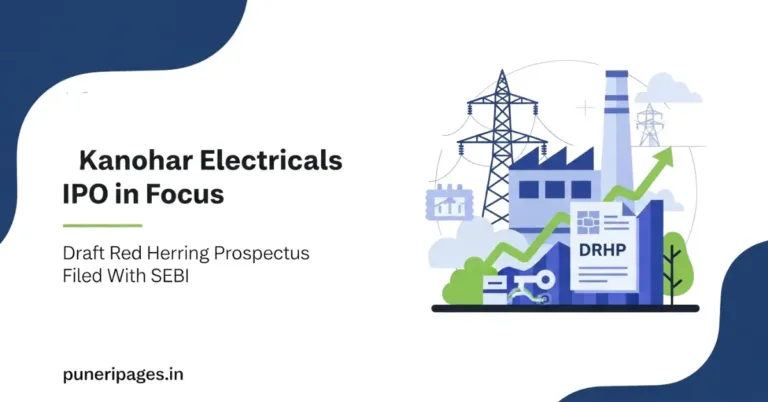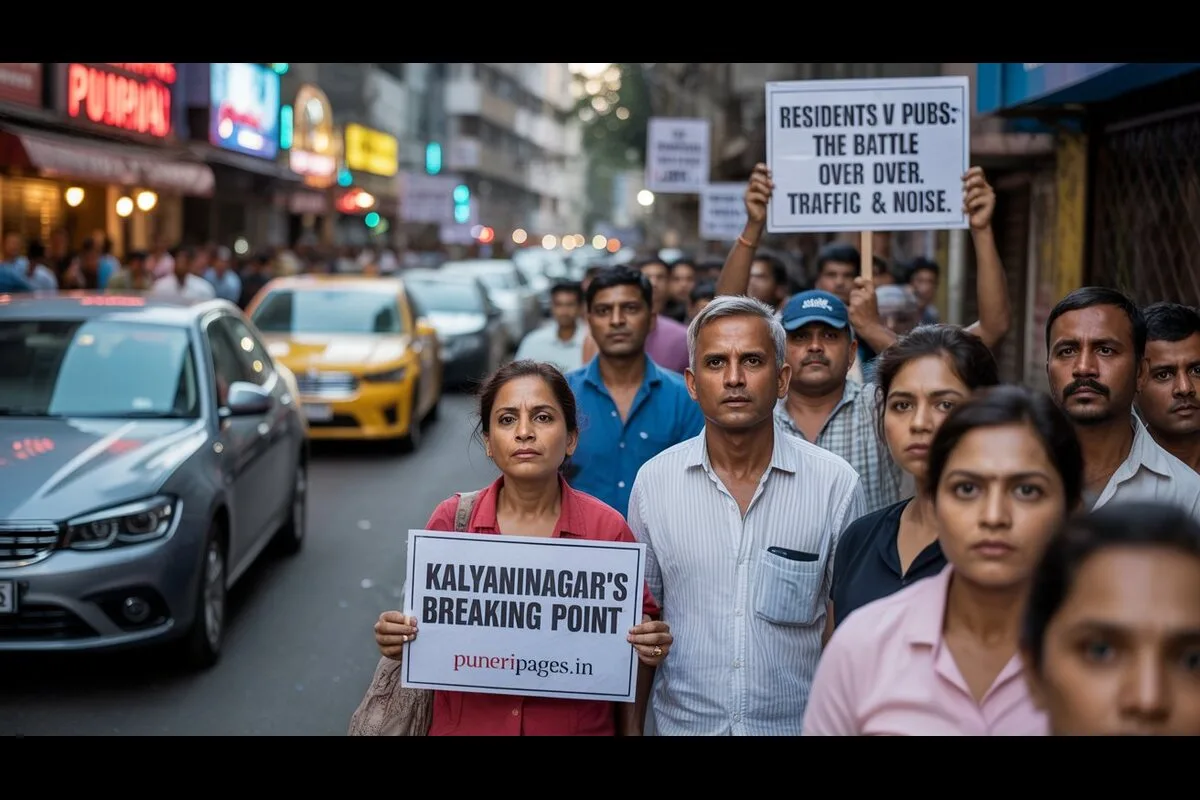
Tension in Kalyaninagar: Residents protest growing pub culture and traffic chaos in their neighborhood — captured for puneripages.in
By Prashant for PuneriPages.in
Anyone who lives in Pune—or even just drives through it—knows that Kalyaninagar has become a bit of a warzone. But this isn’t about bullets or barricades; it’s about blaring music, bumper-to-bumper traffic, and a community that’s running out of patience.
Last week, when the Chief Minister brushed off concerns about pubs and bars causing chaos in Kalyaninagar, residents didn’t just feel unheard—they felt dismissed. And honestly, I can’t blame them. I’ve walked those crowded lanes myself. I’ve seen double-parked cars, honking cabs, and families struggling to navigate what used to be peaceful streets. It’s not just frustrating; it’s exhausting.
Let’s step back and break this whole thing down, human-to-human.
Table of Contents
How Kalyaninagar Turned Into a Nightlife Hotspot
This used to be one of Pune’s quieter, more upscale neighborhoods. Families bought homes here expecting calm evenings and tree-lined walks. But somewhere along the way, Kalyaninagar became the city’s nightlife darling. Trendy pubs, Instagrammable cafes, and bars opened faster than the PMC could issue parking permits (if they even did).
It might sound fun—and sure, it is if you’re only visiting. But for the people who live there, fun turned into fury.
Two Sides, One Messy Conflict
The Residents: They bought homes in a residential zone. Now, every weekend (and even some weekdays), their peace is shattered by thumping bass, screaming engines, and general chaos. It’s not just about noise; it’s about safety, parking, and basic livability.
The Businesses: Pub owners have invested lakhs—sometimes crores—into these spots. They pay taxes. They employ people. They argue that Pune wants a vibrant nightlife, and they’re just giving the people what they want.
So, who’s right? Maybe both. But that doesn’t mean the system can keep ignoring what’s clearly not working.
The Real Problem: A System That’s Failing Everyone
Let’s call out what’s really broken here:
- Licensing Failures – How were so many pubs allowed to set up shop in a clearly residential area without adequate parking or infrastructure?
- Traffic Enforcement – I’ve been there. I’ve seen traffic cops look the other way as chaos unfolds. Illegally parked cars line every inch of road. And when they do tow? It’s like a rare solar eclipse.
- PMC’s Missing Plan – The Pune Municipal Corporation knows this area’s problems. Residents have complained, protested, filed RTIs. But where’s the action plan? Where’s the parking structure? Where’s the zoning review?
- Noise and Public Nuisance – If you’re a student or an early-rising professional living near these hotspots, good luck getting decent sleep on a Friday night. The police seem too busy—or too indifferent—to enforce noise levels.
A Community That Refuses to Stay Quiet
One thing I admire? The persistence of the people. Groups like Team Swachh Kalyani Nagar (TSKN) have been documenting, organizing, and demanding change for years. They’re not just complaining—they’re showing up with data, with photos, with petitions.
And still, the CM’s recent reply felt like a shrug. Like a “deal with it.” That’s not leadership. That’s avoidance.
So, What Now? Here’s the Real Checklist
| Action Item | Responsible Body | Status / Next Step |
|---|---|---|
| Pub License Review | Excise Dept. | Pending – Residents demanding stricter checks |
| Towing & Parking Plan | Pune Traffic Police | Requested, no implementation yet |
| Road Widening / Parking Infra | PMC | Still in the air – no official plan shared |
| High Court PIL | Resident Groups | Filed, awaiting hearing date |
Bigger Than Kalyaninagar
Here’s the thing: this isn’t just about one locality. It’s about the kind of city we’re building. Do we want Pune to grow with care, or do we want a free-for-all where chaos is the cost of progress?
Kalyaninagar is a test case. If citizens stay silent, nothing changes. But if we keep raising our voices—writing, organizing, pushing for real accountability—maybe we can tip the scales.
For now, Kalyaninagar waits. But its people? They’re done waiting quietly.
